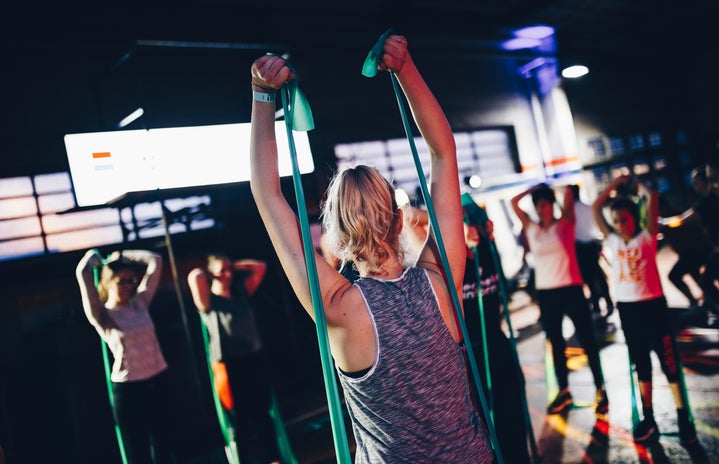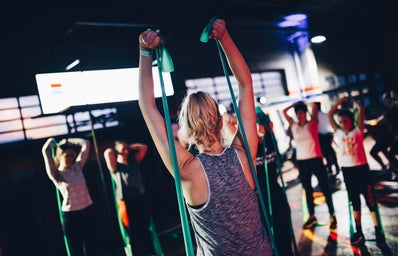As college students, we don’t get nearly enough sleep. We have always been told to aim for around 8-10 hours of rest, but with classes, labs, homework, extracurricular’s, exercise, and other time-consuming tasks, it is easy to fall greatly below the recommended amount. Not only is the length of our slumber insufficient, but so is the quality. As a result, our health is suffering. Not getting enough sleep can affect our mental and physical wellbeing; it can increase the risk of various health problems including mental illness, increase the risk of weight gain, and decrease one’s cognitive function. Here are five tips to improve your sleep.
-
Make your bed a place you associate with sleep. We’re all guilty of sitting in our beds with homework, computers, or food. Though it may be comfortable, you may begin to associate your bed with these activities as opposed to sleeping, which can make it more difficult for you to fall asleep.
-
Avoid taking naps. College students are notorious for taking naps. While they may alleviate drowsiness in the meantime, taking naps during the day—especially within a few hours of bedtime—can decrease your sleep-drive and make it harder for you to fall asleep at night. If you feel like you have to take a nap, limit it to 30 minutes relatively early in the day.
-
Get in some exercise. Daily exercise can facilitate better slumber by helping you fall asleep faster and sleep better. Try to engage in physical activity several hours before bedtime. Exercise stimulates the release of hormones that cause alertness; this could prevent you from falling asleep if you exercise late at night.
-
Avoid bright lights close to bedtime. Bright lights are not conducive to sleep. Starting from 30-60 minutes before you plan to go to bed, avoid bright lighting and try to dim the lighting in your room. This includes cell phone use; the light from a cell phone screen is mind stimulating and can interfere with you trying to fall asleep.
-
Avoid caffeine, nicotine, and alcohol before bed. Caffeine and nicotine are stimulants, so consuming them within several hours of bedtime can prevent you from falling asleep. Though drinking alcohol several hours before sleeping may seem to help you fall asleep since it is a depressant, it actually interferes with your sleep quality.
Sources:
Photo Sources:


